Become a financial modeling pro. Complete 10+ detailed global case studies…
File Size: 23.0 GB
Breaking Into Wall Street – Master Financial Modeling for Investment Banking

Here’s How to Get a Crash Course in Accounting, Valuation, and Financial Modeling
So You Can Ace Your Investment Banking Interviews and Succeed On The Job
Become a financial modeling pro
158 videos, detailed written guides, Excel files, quizzes, and more
Complete 10+ detailed global case studies
These include both the theory and the practical applications
Prepare for your internship or full-time job
Gain the skills you need to “hit the ground running” on Day 1
Join Our Community
Join the 56,763+ students and professionals who have already used this course to win interviews and job offers
Ace Your Interviews
Everything you need to answer the technical questions and complete case studies and modeling tests with confidence
Unmatched Support
Unlimited access to course files, 5 years of support/updates/video access, and a 90-day money-back guarantee
Globally Relevant
The only financial modeling course with examples from North America, Europe, Asia, and Australia
Master Financial Modeling with the Two Most Important Keys to Success
You can read endlessly about “financial modeling” online, but most people fail to explain how and why it is useful.
Financial modeling training must prepare you for interviews and your first internship or full-time job – but most courses barely even explain how to answer basic accounting questions!
The Core Financial Modeling Course offers all of that and more.
It’s organized around the key topics of interview prep and internship/job prep, and you get plenty in each category:
1. Prepare for interviews with practice exercises and case studies.
The course features 10+ different case studies and modeling tests, ranging from 30-minute exercises up to 2- and 3-hour versions of models.
There are examples that start with blank Excel sheets, ones that start with pre-filled templates, and ones that start with data but no real template.
We walk you through how to complete each one and answer the questions with video tutorials, written notes, and guides – and you can ask questions about anything along the way.
“Putting in the reps” makes you faster and more efficient, but it’s also the best way to learn the concepts at a deep level so you can ace your interviews without “memorizing” anything.
Oh, and if you’re pressed for time, you’ll also get a “Quick Start” guide with options for 10-hour, 20-hour, and 30-hour plans to learn the most important concepts.
The bottom line is that you can get something out of this course if you have anywhere from a weekend to a full month to work on it.
2. Hit the ground running on Day 1 of your internship or full-time job.
Winning an investment banking internship or full-time job is insanely competitive, so there’s nothing worse than showing up on Day 1 and realizing you have no idea how to build a certain model your VP just asked for.
As an intern, it’s practically like wearing a big red “Don’t give me a return offer!” sign.
That’s why this course goes beyond simple interview prep and offers more complex versions of models that you might use on the job – to value companies, analyze M&A deals and leveraged buyouts, and make debt vs. equity recommendations to clients.
Many of these also come with investment banking-style presentations and pitch books laying out the conclusions – so you always have templates and references.
Learn them well enough, and some of the full-time staff might ask you where you got your latest Excel and PowerPoint files.
The Core Financial Modeling Course is designed around these two critical topics.
Yes, it has a ton of other material, including written guides, notes for all the lessons, quiz questions, and an end-of-course certification quiz…
…but if you ace your interviews and immediately impress on Day 1 of the job, what else do you need?
What You Get – And What the BIWS Core Financial Modeling Course Will Do for You…
When you’re interviewing for internships and full-time positions at investment banks, you’ll always get a few questions over and over…
- How much do you know about accounting?
- Can you walk me through a valuation?
- What happens in a merger model or LBO model when you adjust the assumptions…
- How would you describe your financial modeling skills?
When you master real-world techniques and case studies, you have a significantly better chance of landing prime jobs and internships with the top investment banks, private equity firms, and hedge funds.
The Core Financial Modeling course helps you gain all that real-world knowledge via video-based training created by investment bankers.
You’ll get a total of 158 videos – everything you need to beat the competition in interviews and get a head start before you start working. You’ll also get detailed written guides and transcripts to make it easier to scan and review the topics (and each video comes with full captions/subtitles).
MUCH MORE THAN THEORY
We base everything in the Core Financial Modeling course on what investment bankers and other finance professionals actually do in real life:
- To gain the proper background, you’ll start by learning key accounting and finance concepts with examples based on real companies, such as Target and Best Buy; you’ll learn how the financial statements link together and how you can analyze them with key metrics and ratios.
- Then, you’ll move into the “global case studies,” which include companies such as Monster Beverage (U.S.), Stadler Rail (Switzerland), Coles (Australia), Vivendi (France), Steel Dynamics (U.S.), Builders FirstSource / BMC Stock Holdings (U.S.), NichiiGakkan (Japan), Great Canadian Gaming Corporation (Canada), and Netflix (U.S.).
- In each case study, you’ll analyze a company or deal, build a model, and then make an investment recommendation or recommend the proper price and deal structure. This is the type of work you do all day in investment banking, private equity, and hedge funds.
Through these case studies, you’ll:
- Build 3-statement projection models and learn how to answer accounting questions in interviews.
- Understand Equity Value and Enterprise Value at a deep level – way beyond whatever the paid monkey army on Investopedia or ChatGPT can regurgitate!
- Value a company – from finding public comps and precedent transaction to building a DCF model to using the valuation output in a stock pitch, pitch book, and equity research report.
- Create merger models – from combining and adjusting the financial statements to evaluating accretion/dilution
and other metrics to using the model to advise clients on their best options.
- Build LBO models, from the transaction assumptions to the debt schedules, financial projections, cash flows, and calculations of the IRR and money-on-money multiples – and the investment recommendation at the end.
The information you’ll find is so detailed and so thorough that our customers regularly come from top-ranked universities, investment banks, and business schools.
Take A Look at What You’ll Get Immediately After Signing Up…
-
Module 1: Modeling Overview and Core Concepts
In this introductory module, you’ll learn what “financial modeling” means, how you use it in real life, and the core concepts required to understand the rest of this course, including the time value of money, Present Value and Net Present Value, the Discount Rate, and the Internal Rate of Return (IRR).
-
Module 2: Accounting Concepts and the Financial Statements
In this module, you’ll learn the fundamental concepts of accounting, including the three financial statements, cash vs. non-cash revenue and expenses, and how companies record short-term and long-term changes. You’ll also learn about CapEx, leases, and M&A accounting.
-
Module 3: Accounting Summary, Interview Questions, and Financial Statement Analysis
This module gives you a summary of the financial statements and practice interview questions so you can test your knowledge (along with solutions in our “interview question” 3-statement Excel model). The lessons also cover financial statement analysis.
-
Module 4: 3-Statement Modeling Case Studies from Templates (30 Minutes and 60 Minutes)
In this module, you’ll complete two 3-statement modeling case studies with varying time limits and difficulties based on companies in different industries and regions (Monster Beverage in the U.S. and Stadler Rail AG in Switzerland).
-
Module 5: 3-Statement Modeling Case Study from a Blank Sheet (2 Hours)
You’ll complete a 3-statement model for Coles, a grocery retailer in Australia, starting from a blank Excel sheet in this module. You’ll learn how to find and input data, simplify the statements, and make reasonable forecasts under a strict time limit.
-
Module 6: Equity Value, Enterprise Value, and Valuation Multiples (Target, Vivendi, and Zendesk)
In this module, you’ll learn how to calculate Equity Value, Enterprise Value, and valuation multiples for companies, including both the fundamentals and more advanced items, such as Equity Investments, Noncontrolling Interests, Pensions, Leases, and Net Operating Losses.
-
Module 7: 3-Hour Valuation and DCF Case Study from Blank Sheet (Steel Dynamics)
In this module, you’ll complete a 3-hour valuation and DCF case study based on Steel Dynamics, a steel manufacturing company in the U.S., and you’ll learn how to project Free Cash Flow, calculate the Discount Rate, estimate Terminal Value, and use Public Comps and Precedent Transactions.
-
Module 8: Real-Life Valuation Usage and Supplemental Methodologies [OPTIONAL]
In this optional module, you’ll learn how to use a valuation in an investment banking pitch book, hedge fund stock pitch, and equity research report, and you’ll learn about less-common valuation methodologies, such as the Levered DCF, Dividend Discount Model, and Sum of the Parts Analysis.
-
Module 9: M&A Concepts and 60-Minute Merger Model
In this module, you’ll learn the fundamentals of mergers and acquisitions (M&A), including several short exercises in the beginning and a 60-minute version of a full merger model for Builders FirstSource’s $2.5 billion acquisition of BMC Stock Holdings.
-
Module 10: Full Merger Model (3 Hours)
In this module, you’ll complete a 3-hour merger model for Builders FirstSource’s $2.5 billion acquisition of BMC Stock Holdings. Features include a full Balance Sheet combination, an IRR vs. Discount Rate analysis, a quick valuation, a Contribution Analysis, and a Value Creation Analysis.
-
Module 11: Leveraged Buyout Concepts and Simple LBO Models (30-Minute to 90-Minute Case Studies)
In this module, you’ll get an introduction to leveraged buyouts and LBO models, starting with simple models that can be completed in 30-90 minutes. You’ll learn the most common topics tested in LBO case studies and how to complete them efficiently under time pressure.
-
Module 12: 3-Hour LBO Model from a Template (Great Canadian Gaming Corporation)
You’ll complete a 3-hour LBO modeling test based on Apollo’s leveraged buyout of the Great Canadian Gaming Corporation (GCGC) in this module, and you’ll learn how to build a full 3-statement LBO with support for earn-outs, a complex debt schedule, and a variable exit year.
-
Module 13: Debt vs. Equity, Bond Analysis, and Equity Offerings (Netflix) [OPTIONAL]
In this optional module, you’ll learn about topics relevant to groups such as DCM (Debt Capital Markets), Leveraged Finance (LevFin), and Equity Capital Markets (ECM), including debt vs. equity analysis, bond analysis, and models for IPOs and Follow-On Offerings.
One of the Most Important – and Valuable – Investments You’ll Ever Make in Your Investment Banking Career…
If you went to a seminar to learn everything in the Core Financial Modeling course, it would cost you upwards of $10,000… plus your time and travel expenses.
But I always like to offer more value at a lower price than alternatives.
That’s why I’ve priced the entire course at just one payment of $297.
At this “no-brainer” price, this will be one of the best investments you ever make in your career.
And when the strategies and techniques you learn in the Core Financial Modeling course help you land an internship or a six-figure full-time job at an investment bank, you’ll recoup the investment within your first day in the office.
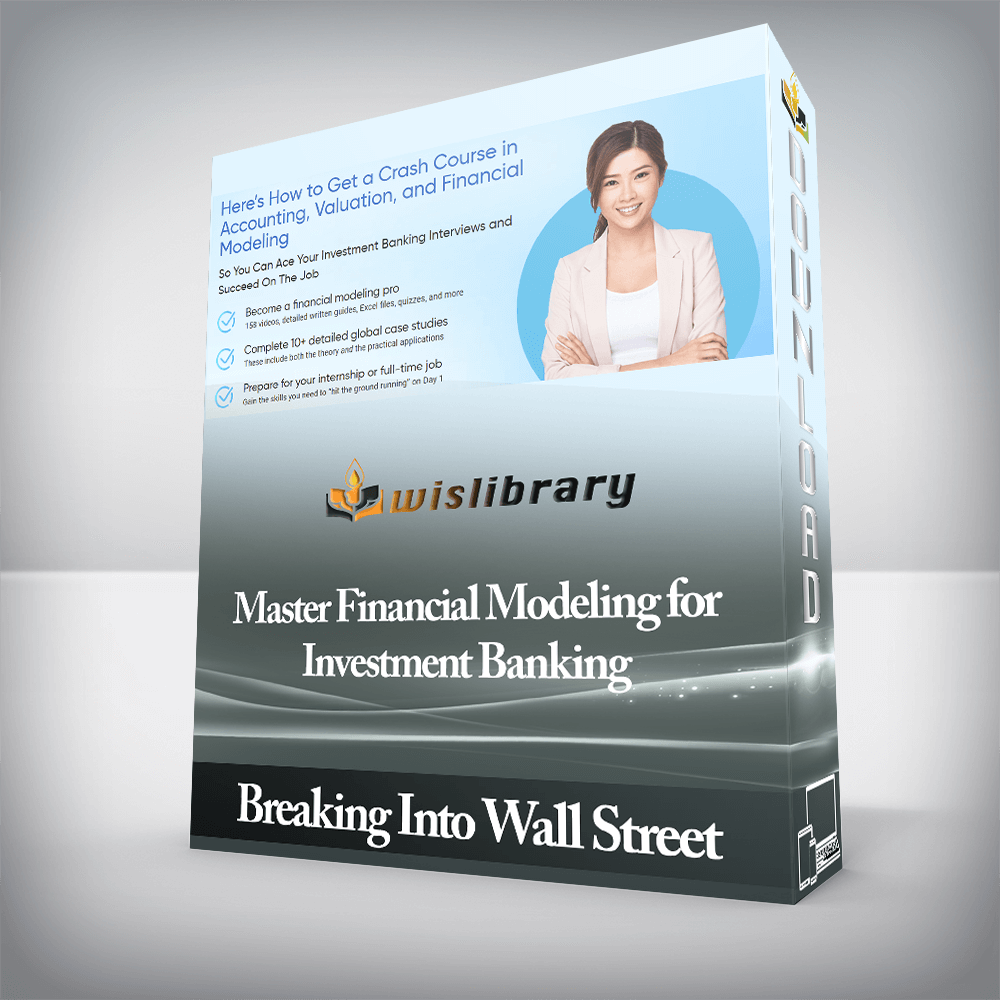


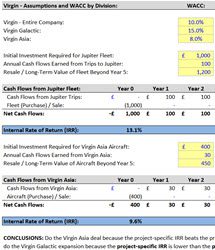
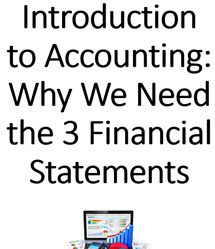
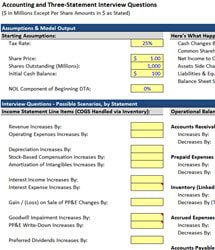
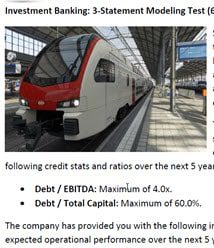
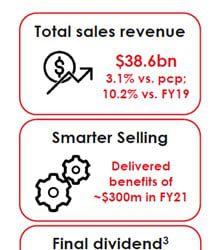

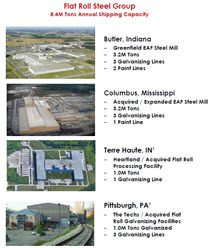
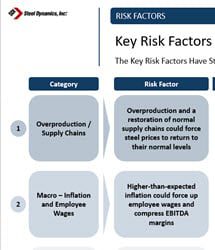
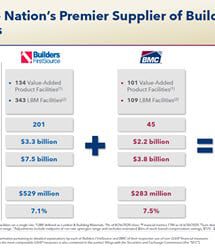
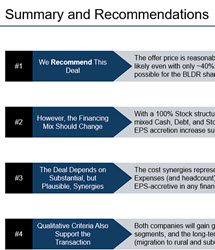
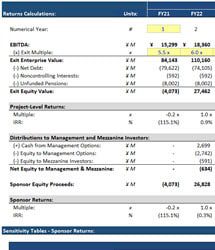

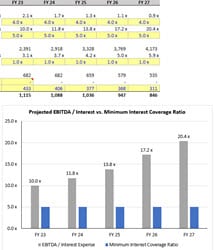
You must be <a href="https://wislibrary.org/my-account/">logged in</a> to post a review.